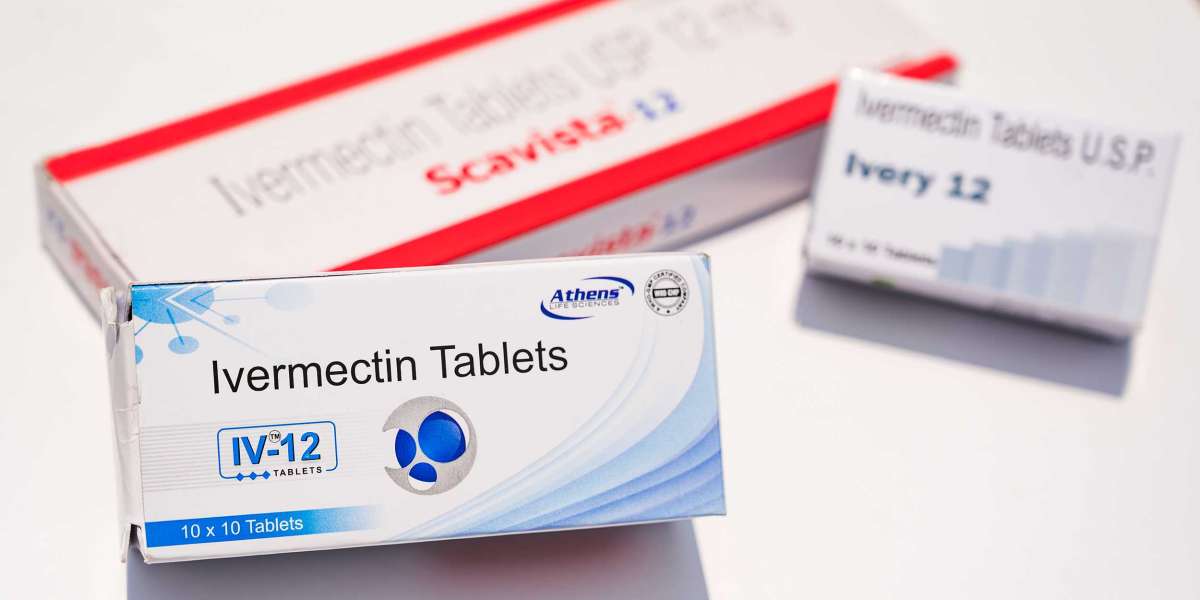Scabies, an itchy skin condition caused by the burrowing mite Sarcoptes scabiei, can be effectively treated with various medications, including ivermectin.
Ivermectin's Mode of Action:
The exact mechanism of ivermectin 6 mg tablet against scabies mites is still under investigation, but two main theories are proposed:
- Disrupting Neuromuscular Function: Ivermectin is believed to interfere with the nerve impulses of the mites, leading to paralysis and ultimately their death. ivermectin scabies dosage 3 mg is available at dosepharmacy
- Disrupting Molting Process: Ivermectin might also hinder the mites' ability to molt (shed their exoskeleton) during their development, hindering their growth and reproduction.
The Impact on Scabies Mites:
Studies have shown that ivermectin can effectively kill adult scabies mites and inhibit their egg development. This disrupts the life cycle of the mites and prevents further infestation.
Factors Influencing Treatment Success:
While ivermectin is generally effective against scabies, several factors can influence treatment outcomes:
- Dosage and Administration: Following the doctor's prescribed dosage and adhering to proper application instructions are crucial for optimal results.
- Severity of Infestation: The extent of the infestation can influence the number of treatment cycles needed.
- Skin Condition: Skin integrity can affect the absorption and effectiveness of topical treatments.
- Hygiene Practices: Maintaining good hygiene by washing bedding and clothing in hot water helps prevent reinfestation.
- Treating Household Contacts: All close contacts within the household should be treated simultaneously to prevent the spread of scabies.
Treatment Regimens with Ivermectin:
There are two main ways ivermectin is used for scabies treatment:
- Oral Ivermectin: A single dose of ivermectin is typically prescribed, but a second dose might be recommended one week later in some cases. This is not approved for scabies by the US Food and Drug Administration (FDA) but may be prescribed by doctors.
- Topical Ivermectin: A cream or lotion containing ivermectin might be applied to the entire body from the head (excluding the face) to the toes. This is typically used once and repeated after one week.
Important Considerations:
- Consultation is Key: Self-diagnosis and treatment of scabies are not recommended. Consulting a doctor for proper diagnosis and treatment plan is crucial.
- Potential Side Effects: Oral ivermectin can cause mild side effects like nausea, vomiting, dizziness, and diarrhea. Topical ivermectin is generally well-tolerated, but skin irritation can occur.
- Not a First-Line Treatment: In some regions, topical permethrin might be the preferred first-line treatment for scabies due to its long-established efficacy and safety profile.
The Takeaway:
Ivermectin can be a valuable tool in combating scabies infestations. Understanding its mode of action and the factors influencing treatment success is vital. Remember, consulting a doctor for diagnosis, following treatment instructions carefully, and maintaining good hygiene practices are all essential components of effectively treating scabies and preventing reinfestation.
Disclaimer: This information is intended for general knowledge and shouldn't replace medical advice. Always consult a healthcare professional for diagnosis, treatment recommendations, and guidance specific to your individual situation.








